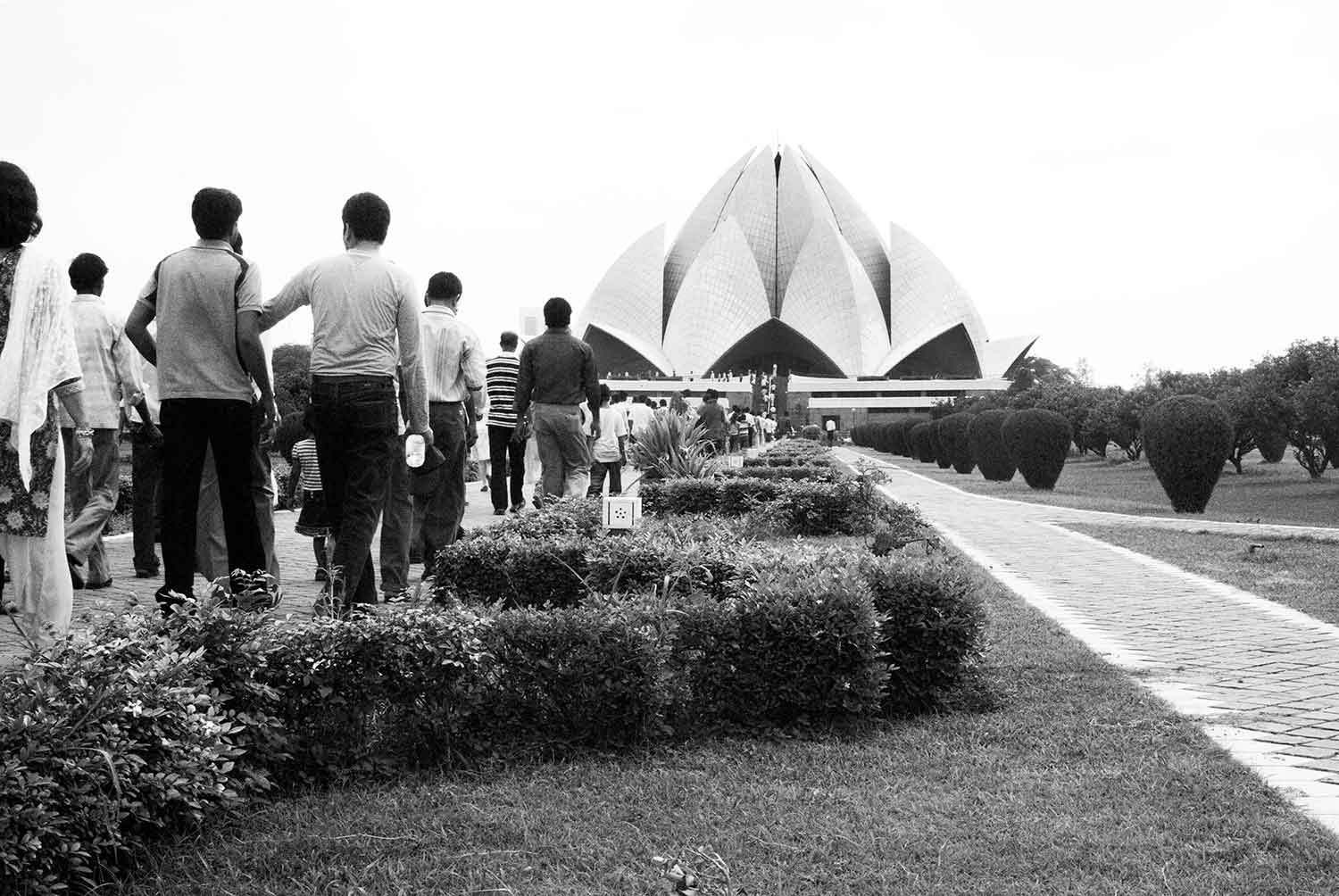“Our idea is to proceed cloud first, land last. Rather than starting with the physical territory, we start with the digital community. We recruit online for a group of people interested in founding a new virtual social network, a new city, and eventually a new country. We build the embryonic state as an open source project, we organize our internal economy around remote work, we cultivate in-person levels of civility, we simulate architecture in VR, and we create art and literature that reflects our values.”
Let’s do it.
In fact, let’s do it right. Let’s begin with the end in mind and crowdfund our enclaves in the best places this planet has to offer. I think we should start with the Seychelles, Tuscany, and perhaps a bucolic town in the Swiss alps. Our Network State citizens deserve the best scuba diving and skiing, and they certainly need access to good wine. If we are really starting over, then places like Scranton and Newark should be specifically carved out. That is the domain of our non-Network State brethren.
As crazy as it may sound to try to describe this idea to someone (especially if their job requires them to be physically present), remote workers and financially independent individuals are already doing this. If you are not tied to a physical location, you can live anywhere.
Prior to COVID, my wife and I were planning on moving our family to southern Spain for a year. At the time, we had no intentions of creating our own enclave. We simply wanted to experience the culture, give our children an opportunity to learn the language, and hopefully broaden their worldview. In a year we would reassess, and determine if we wanted to move back home, or to another fascinating part of the world with an equally fast internet connection.
But that begs the question, if we could have this same experience, and in addition, be surrounded by a group of people who share our values, why wouldn’t we? It’s not a big jump from one to the other. In fact, in many ways it could even be better. What if many of our close friends came with us? What if we coordinated our efforts to find good schools for our kids and navigate the local healthcare system? The very idea of moving to a place where you are already a member of the community makes the whole process of moving much less scary.
It may not be for everyone, but a large number of people are already living their lives in a similar manner. And once you get over this initial hurdle, things get really interesting.
If mass migrations were to occur more frequently based on shared values, it is not unrealistic to conclude that those shared values would become the predominant political viewpoints of that geographical community. This would lead to the gradual change of local and municipal laws to align with those viewpoints.
This phenomenon already exists in certain parts of the United States, though not necessarily as the result of proactive mass migrations. Often, it is the result of mass migrations that happened in the past, generally from a group fleeing persecution (Cuban Americans in Miami) and in some cases also looking to autonomously govern themselves (Mormons emigrating to Utah in the 1800’s). A watered down version of this is happening all over the country as businesses move from less business friendly states to states with more hospitable laws, lower taxes, or any other number of incentives. And while those migrations are driven by business decisions, on some level they reflect the values of those businesses and their owners.
As these proactive migrations gain momentum, the draw for more like-minded individuals to migrate only becomes stronger. Our current, highly polarized political landscape could evolve into regions with equally polarized points of view as cloud communities begin to gather geographically. It’s hard not to picture this trend accelerating as it takes hold. Polarized communities could become highly inhospitable to citizens with opposing viewpoints, thus giving them more incentive to leave in favor of congregating with other like-minded individuals.
In fact, the more well-organized Network States would likely attempt to pool their resources (and populations) more efficiently. If a cloud community had established a meaningful number of residents in a particular area, but they were not yet proportionally large enough to change city and municipal laws to align with their beliefs, they would logically marshal more of their community to migrate to that area in order to tip the balance. By efficiently directing their members to the geographical areas to be contested, they could even have a disproportionate impact on government and politics relative to their populations. This would occur by migrating just enough people into an area in order to exert control on local elections, but no more than is necessary. It would enable the community to exert maximum influence on the greatest number of areas, and could be particularly impactful in terms of controlling the US Senate for instance. By migrating their community efficiently into states with low populations, a large Network State could easily gain a Senate majority.
As the Network State’s members become more mobile, the next logical step in gaining more political control would be to migrate its citizens en masse, reside in a location long enough to change the laws, and then move on to the next targeted geographical area. While it would be possible to change the laws back after members of the Network State migrated to another region, in practice it takes much less effort to maintain existing laws and political structures than it does to change them.
This phenomenon would be more likely to occur within the borders of an existing country at the state or provincial level. But it could also occur between countries, particularly those without significant barriers to travel or citizenship (such as the EU, or other groups of countries with reciprocal immigration polices). As countries became aware of this phenomenon, they would likely put immigration and citizenship restrictions in place to curb the effects. It is also possible that a global “cat and mouse” game could develop, as competing Network States with opposing value systems vie for control of outdated political structures in such a manner. In any case, the first Network State to develop, organize its citizens, and implement these strategies would have an enormous first mover advantage, and could succeed in implementing very meaningful political change before the rest of the world woke up to what was happening.
If things were to play out in this way, members of a Network State would exert disproportionate influence over non-Network State citizens. Their votes would effectively be more powerful because each of those votes could be directed towards the elections where they would have the greatest impact.
This can sound really exciting to those of us who want to make the world a better place and feel like we are smart enough to do it. But chances are, there is already a group with opposing viewpoints that also feels like they are the ones making the world better.
So the real question for Balaji and the rest of the community is, “what values do you want to build your Network State around?”



